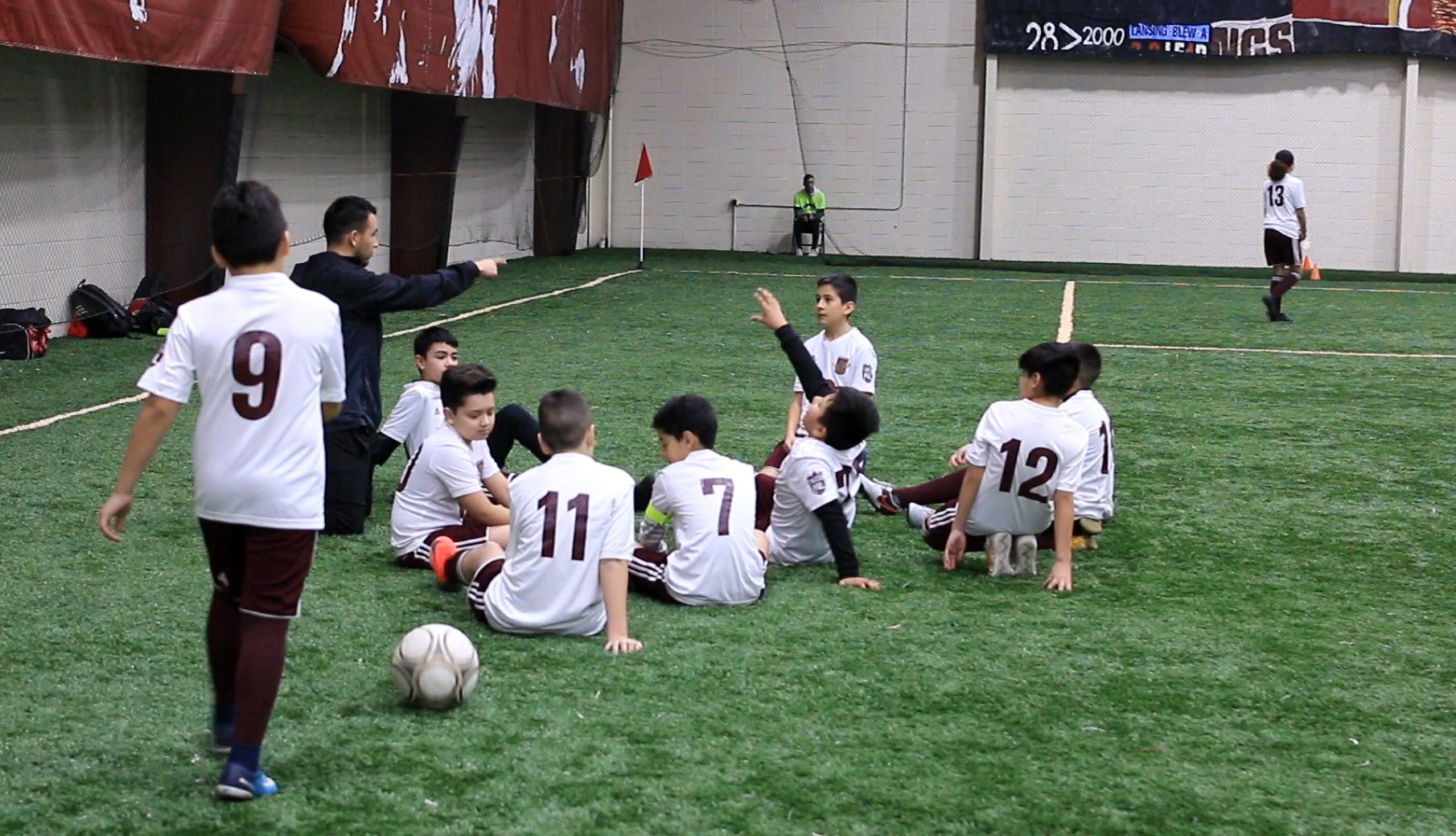HAMTRAMCK, Michigan — With two boys in maroon soccer jerseys inside the back seat of her SUV, Maria Martínez navigates slippery, pot-holed streets beyond the chain-link fencing of a General Motors assembly plant slated for closure, multi-lingual awnings of Yemeni eating places and Polish bakeries, a green-and-white brick neighborhood mosque and the neon signs and symptoms of a hipster bar.

She stops on an avenue lined with simple -story duplexes in an operating-class community. Saleh Alhalmi hustles out his front door to sign up for the men inside the again seat, Martinez’s son, Aaron, and another teammate. Saleh, eleven, was born in Yemen and came to the Detroit region four years ago. His country became descending into what the United Nations, due to the fact, have defined as the sector’s worst humanitarian disaster. Within the hour, he might be racing around a football area inside the Detroit City Fieldhouse. He and his friend, Sammy Baldwin, additionally a Yemeni, play on a newly fashioned adolescents crew whose gamers are in most cases Latinos from southwest Detroit.
Their presence at the crew illustrates a love of sports activities that, in Detroit as in lots of different places around the sector, brings human beings of different cultures together. More Yemeni gamers from Hamtramck are probably to join in the future. The automobile industry added waves of immigrants to Detroit from Europe, Latin America, and the Middle East in the early twentieth century, and the location maintains to draw new arrivals.
Hamtramck, a tiny city, nearly entirely by way of Detroit, was once heavily Polish. But it has experienced an influx of immigrants from Yemen, Bangladesh, and Bosnia during the last several a long time – and extra these days, young suburban renters who can’t come up with the money for trendier neighborhoods.
In 2015, Hamtramck became the first U.S. Town to select a Muslim-majority metropolis council. Its welcome sign declares: “The World in Two Square Miles.” But even here, many people are extra comfy sticking inside their communities than crossing cultural obstacles.
Detroit City FC, a semi-pro soccer team, presents Hamtramck’s teens with a brand new opportunity to engage youngsters from different backgrounds. Since it becomes based seven years ago, the team has reached out throughout the metro area to build its popularity as a grassroots corporation. It chose Hamtramck’s historical Keyworth Stadium as its indoor turf in 2015, crowdfunding an initiative to renovate the venue in a municipal park in which Negro Leagues stars as Satchel Paige performed earlier than significant league baseball incorporated.
The membership’s new children initiative created four teams and offered 12 months-spherical training at a decreased fee. Saleh’s and Aaron’s dad and mom seized the danger to ensure their boys had a possibility they by no means had – to play organized football.
Martinez, who arrived from the Mexican kingdom of Jalisco in 1997, knows that as a boy, her husband needed to work rather than gambling football. She left her full-time process and shifted to part-time paintings, so she ought to take Aaron to exercise and games. Saleh’s father, Salah Alhalmi, couldn’t play on an organized team growing up in rural Yemen. These days, he regularly merely is too busy running full-time for Chrysler or component-time on a heating-and-cooling gig to wait for his son’s games. But he’s pleased Saleh has the hazard to play and grateful that after he can’t pressure Saleh, Martinez has volunteered to take him.








